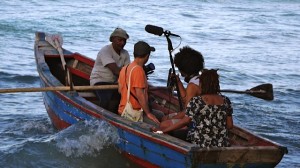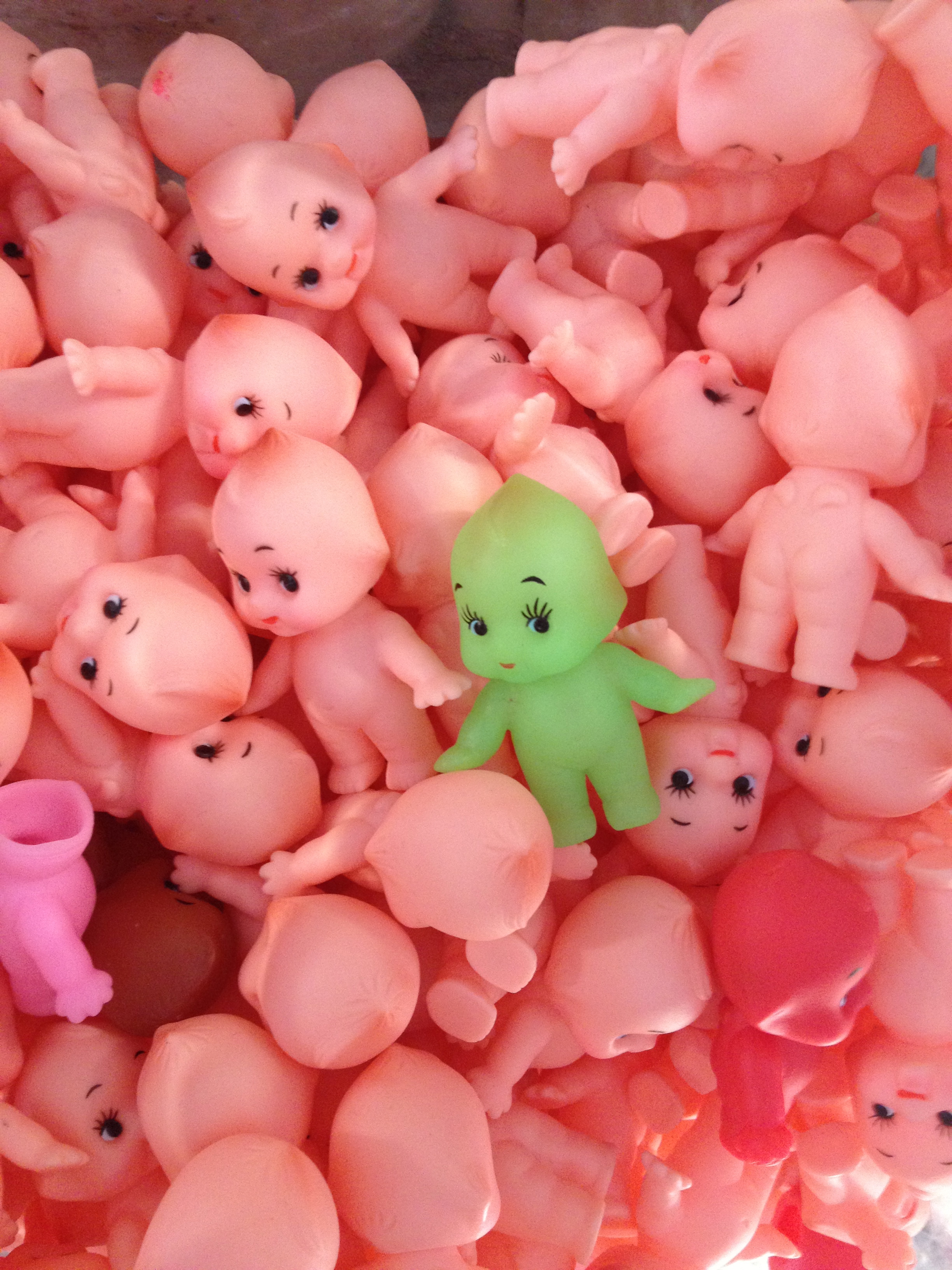
“Making something out of nothing” is what filmmaker Mira Nair called the Filmmaking workshop that she was doing in the spring of 1999 in Cape Town South Africa. The bulk of the students were from the black and “colored” townships way outside the city and traveled more than an hour each day for their two-week initiation to cinema. It was the dawn of the post apartheid years and they were pregnant with compelling and amazing stories that they wanted to bring into the world either through narratives or documentaries. For decades, generations before them had their voices stifled, and they were fighting to finally become the narrators of their own history and had chosen filmmaking as their weapon. And I was there to film that process. “Show, don’t tell, make films that are accessible to you, be inspired by what’s immediate, cut your cloth”.





